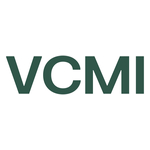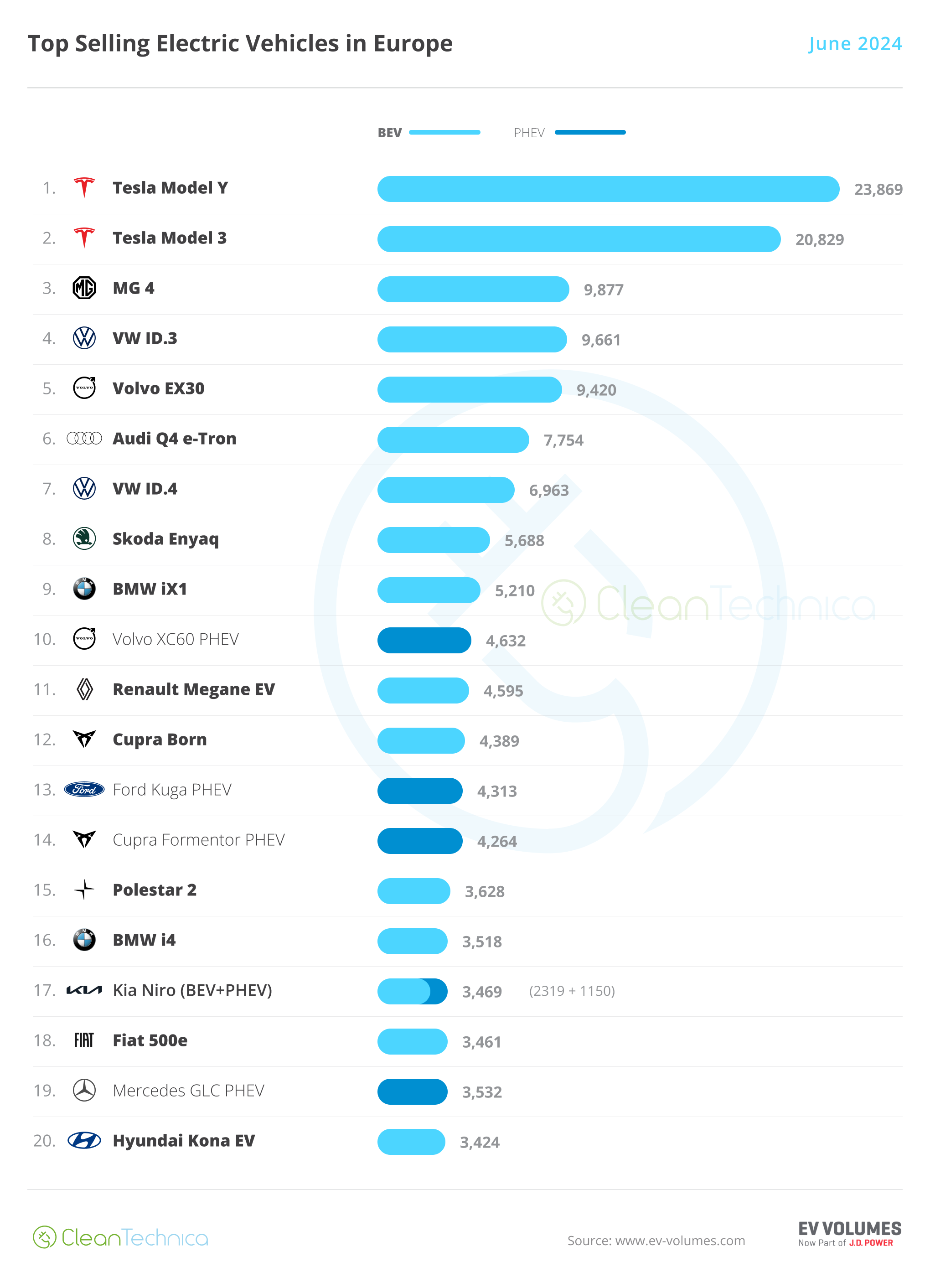- High-integrity voluntary carbon markets are critical to increase flow of private sector climate finance.
- VCMI releases ‘Carbon Integrity’ Claims Branding and Monitoring, Reporting and Assurance (MRA) Framework; enables companies to make high-integrity claims about their use of carbon credits.
- A ‘beta’ version of a ‘Scope 3 Flexibility’ Claim will increase climate action and unlock finance through VCMs.
- 2024 roadmap establishes a collaborative work program to beta test the new claim.
LONDON–(BUSINESS WIRE)–The Voluntary Carbon Markets Integrity Initiative (VCMI) has today released additional guidance for its Claims Code of Practice (Claims Code), enabling companies to make claims about their use of high-quality carbon credits.
This guidance includes a Monitoring, Reporting and Assurance (MRA) Framework, a brand and associated mark for making ‘Carbon Integrity’ Claims, and a beta version of an additional claim.
Using the MRA framework and the ‘Carbon Integrity’ Claims branding, companies can now make Silver, Gold or Platinum Claims as outlined in the original Claims Code of Practice released in June. This means these companies can now make claims using high-quality carbon credits, directing finance to initiatives that mitigate climate change, and demonstrating that they are going above and beyond science-aligned emissions cuts.
VCMI has also launched the beta version of a new claim – called the ‘Scope 3 Flexibility’ Claim – as a practical step to accelerate corporate climate action. Once finalized next year, the Scope 3 Flexibility Claim will enable companies to take responsibility for their scope 3 emissions (those which aren’t directly produced by the company but which it has indirect responsibility over through its value chain), while getting on the path to net zero through use of high-quality carbon credits. Robust guardrails are in place to maintain integrity and avoid misuse of this new claim.
John Kerry, U.S. Special Presidential Envoy for Climate: “Voluntary carbon markets can be a powerful tool for mobilizing the investment in innovative technologies and actions needed to keep a 1.5 C limit on warming within reach. VCMI is performing a vital service by establishing high-integrity pathways for companies to support stronger climate action while making progress toward their own net zero- goals. By creating sound guardrails for the use of high-quality carbon credits, the new VCMI guidance will provide strong assurance that this finance will help deliver the greater climate action we so urgently need.”
High-integrity use of carbon credits can accelerate global net zero and significantly contribute towards Paris Agreement goals
When used with integrity, voluntary carbon markets (VCMs) can accelerate capital flows to low- and middle-income economies and can contribute meaningfully to both the Paris Agreement goal to limit global warming temperatures 1.5°C above pre-industrial levels, and the UN Sustainable Development Goals.
Some estimates have shown that, if companies start to invest in VCMs as part of their transition plans today, over $50 billion could be unlocked by 2030. Evidence demonstrates that companies that use voluntary carbon markets are more ambitious, and decarbonize faster, than those that don’t. According to Ecosystem Marketplace research, voluntary carbon buyers are 1.8x more likely than non-buyers to be decarbonizing year-on-year.
But to deliver these outcomes, VCMs must operate with integrity. Carbon credits must represent real, verified GHG reductions and removals and apply robust environmental and social safeguards. They must be used by companies in addition to – not instead of – decarbonization as part of their net zero transitions, and associated claims must be credible. Following the VCMI Claims Code – including the additional guidance that was promised in June and delivered today – ensures that this will be the case.
Mark Kenber, Executive Director, VCMI: “Today’s release of additional guidance means that the VCMI Claims Code of Practice is ready for use and companies can now directly make claims against it. We encourage all businesses to show ambition, make a claim and accelerate global net zero.”
“With COP28 beginning in a matter of hours, VCMs will once again be on the agenda, and it is important that what is discussed is the promotion of credible, and believable, climate action. Along with the work of the ICVCM and others delivering integrity into the VCMs, the Claims Code of Practice is a critical part of the rules that are forming in voluntary markets. We have delivered what buyers need to make Claims today, along with practical solutions to spur further corporate action. Companies can now step up their credible use of carbon credits, and should feel confident to do so.”
Launch of ‘Carbon Integrity’ brand and MRA Framework means companies can make first VCMI claims
VCMI has released a standalone brand for the VCMI Claims announced in the Claims Code of Practice in June 2023, which are now called ‘Carbon Integrity’ Claims. These Claims indicate that companies are “accelerating global net zero” – the brand’s tagline – by going above and beyond science-aligned emissions cuts through the additional use of high-quality carbon credits.
The brand features a distinctive mark that is used across the Carbon Integrity Claims, differentiated based on the type of Claim itself (Silver, Gold, or Platinum). The brand guidelines released today will support companies in communicating the achievement of Carbon Integrity Claims.
The MRA Framework enables companies to substantiate a Carbon Integrity Claim. The Framework provides the information that must be disclosed and appropriately evaluated, evidenced, and verified.
Within the framework, companies provide information relating to the Claims Code’s Foundational Criteria, which establish best practice on corporate climate action, as well as key information about the carbon credits used to make a claim. This information is then assured by an independent third party. As such, the MRA Framework provides the backbone of authority for Carbon Integrity Claims.
Suzanne DiBianca, EVP and Chief Impact Officer at Salesforce: “We’re at a pivotal stage in the climate crisis where immediate action is essential. We commend the Voluntary Carbon Markets Integrity Initiative (VCMI) for its leadership in shaping the enhanced guidance for the Claims Code of Practice. This effort underscores the urgent need for organizations to collaboratively engage in developing robust, high-quality standards and fostering integrity within voluntary carbon markets. Let’s continue pushing innovation forward to ensure our collective impact ultimately translates into meaningful benefits for people and the planet.”
The beta version of the Scope 3 Flexibility Claim will increase urgent climate action as companies get on the path to net zero – with guardrails put in place to maintain integrity and ensure carbon credits are used in addition – and not to delay – decarbonization.
Many companies that satisfy the foundational criteria laid out in the VCMI Claims Code have difficulties in meeting scope 3 emissions reductions in the near-term.
In the face of the pressing urgency posed by climate change, nothing is more dangerous than inaction. VCMI has launched a beta version of the “Scope 3 Flexibility” claim as a practical solution to incentivize companies to act now and be recognized for climate leadership while increasing internal decarbonization to get on the path to net zero.
The beta version of the new claim permits a company to make limited use of carbon credits to close the emissions gap between its scope 3 emissions reductions targets and its actual scope 3 emissions, while the company increases its internal decarbonization efforts and investment.
MSCI Carbon Markets (formerly Trove Research) estimated that, currently, $19bn could be delivered if companies used carbon credits to cover the emissions gap between their scope 3 emissions reductions targets, and their current scope 3 emissions.
VCMI has developed guardrails intended to further embed integrity in the new claim and ensure that it cannot be used to greenwash. These include:
- Companies must comply with the VCMI Foundational Criteria laid out in the Claims Code of Practice.
- Companies must make meaningful progress towards meeting scope 1 and 2 emission reduction targets.
- The number of carbon credits used must not exceed a volume of 50% of its GHG inventory Scope 3 emissions in the claim year.
- Use of credits must decline over time, leading to complete phaseout no later than 2035, at which point the company must be on the path to net zero through internal decarbonization.
Released alongside the beta version of the new claim, a roadmap sets out the work required to finalize it by Q3 2024, at which point companies will be able to make a claim. This roadmap includes:
- Developing tools to measure a company’s progress towards its targets and define if a company is suitably “on-track” to meet its targets.
- Refining the criteria and guardrails of the new claim.
- Establishing a separate claim name and brand that is distinct from the Carbon Integrity Claims while incentivizing companies to move to a position to make a Carbon Integrity claim.
VCMI has worked extensively across the market with a wide range of corporate sustainability, climate, and finance experts on the development of the new claim and subsequent roadmap to ensure the beta version reflects a wide range of perspectives. This collaborative approach has been delivered through its Stakeholder Forum, Expert Advisory Group, Country Contact Group, and Early Adopter Programme to bring over 150 views to inform VCMI’s work.
We are at a critical juncture. VCMI has stepped up with its Claims Code and calls on standard setters to address governance gaps, mobilize demand, and make 2024 the year of accelerated climate action.
Through its Claims Code of Practice, VCMI has delivered a key part of the initiatives that are bringing integrity to carbon markets, working closely with the ICVCM (the Integrity Council for Voluntary Carbon Markets) to develop end-to-end rules for integrity, from demand to supply sides.
Mr. Yutaka Matsuzawa, Vice-Minister for Global Environmental Affairs, Ministry of the Environment, Japan: “We would like to congratulate the release of additional guidance for the Claims Code of Practice. The additional guidance could contribute to the operationalization of environmental integrity in voluntary carbon markets. We believe the leadership of VCMI can unlock the finances to accelerate the mitigation activities toward net zero by 2050.”
Contacts





